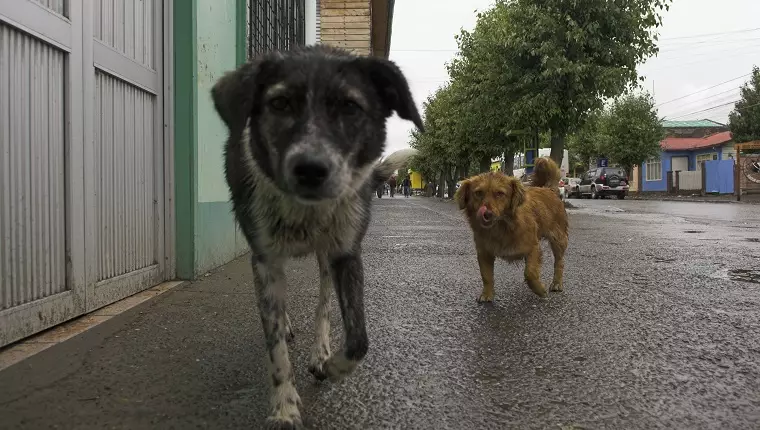International Homeless Animals’ Day, established by the International Society for Animal Rights (ISAR) in 1992, takes place annually on the third Saturday of August. This day serves as a significant reminder of the ongoing crisis of pet overpopulation and the resulting homelessness that afflicts countless dogs and cats across the globe. Each year, on this day, animal lovers and advocates come together under the unifying message of “Become part of the solution.” This rallying cry not only emphasizes individual responsibility but also highlights the collective action required to mitigate this pressing issue.
The issue of pet overpopulation is a multifaceted dilemma that affects communities worldwide, particularly in impoverished areas where resources are scant. Many cities and towns find stray animals roaming their streets, often struggling to fend for themselves. This situation is exacerbated by the inadequate access to spaying and neutering services, resulting in unplanned litters and a cycle of homelessness. Unlike the narrative that often romanticizes pet ownership, we must confront the sobering reality that many people in these communities can barely provide for their families, let alone care for additional pets. Thus, the plight of stray animals often falls to the wayside, creating a ripple effect of suffering that is urgent to address.
One of the key strategies to combat this crisis is through community engagement. People are encouraged to host local events like candlelight vigils, “adopt-a-thons,” and clinics focused on spaying, neutering, and microchipping pets. Organizing these activities can not only serve as a platform for raising awareness but also cultivate a spirit of compassion and responsibility towards vulnerable animals. ISAR provides valuable resources, including planning packets, to assist in the organization of these community events. By facilitating access to these resources, ISAR plays a vital role in mobilizing individuals and charities to confront the issue of animal homelessness.
The ongoing challenges posed by the COVID-19 pandemic have necessitated a shift in how these events are planned and executed. In-person gatherings may need to be replaced with online initiatives such as virtual fundraisers or educational webinars. Utilizing digital platforms allows for creative solutions to continue spreading awareness about pet overpopulation and homelessness without compromising public safety. Engaging with audiences virtually can also broaden the reach of the message, allowing animal advocates to connect with and involve more community members than ever before.
To effectively tackle the complexities surrounding animal homelessness, financial resources are essential. Donations play a crucial role in funding spay and neuter clinics, which are instrumental in controlling pet overpopulation. Organizations like ISAR are reliant on the generosity of patrons who wish to make a difference in the lives of these animals. By contributing financially, individuals can ensure that vital programs continue and expand, directly impacting the number of strays on the streets.
As we approach International Homeless Animals’ Day, it’s essential to reflect on our personal responsibilities towards this ongoing crisis. How can individuals make their communities more animal-friendly? Whether through organizing local events, supporting animal welfare organizations through donations, or simply spreading the word, every action counts. The time to engage and take action is now. Together, by adopting a proactive approach and coming together as a community, we can collaborate to create a future where every pet has a home and no animal is left to struggle alone. Will you answer the call on August 21st and be part of the solution?

